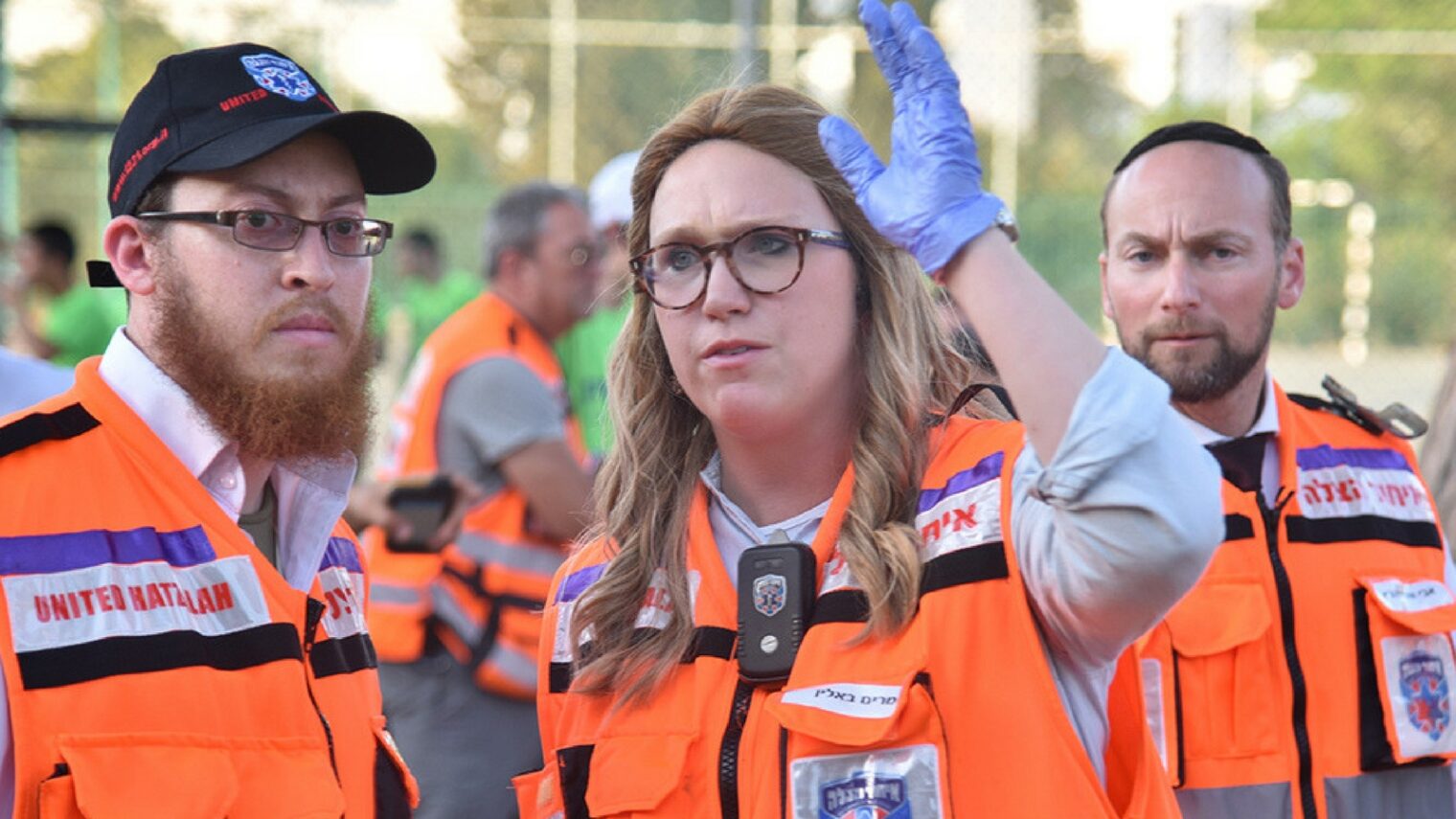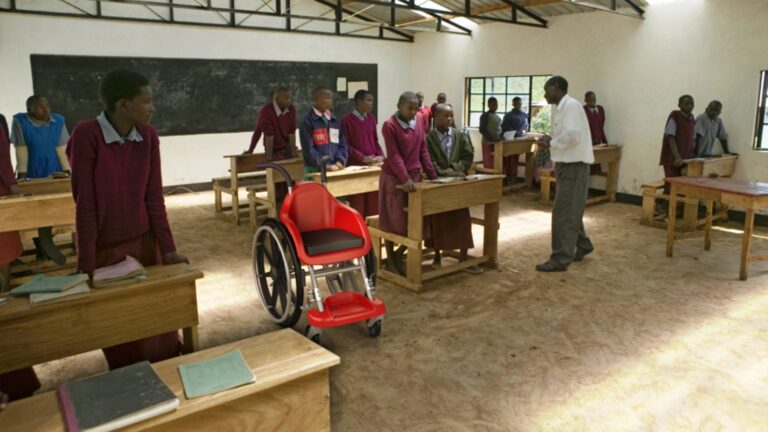United Hatzalah of Israel is sending a delegation of emergency medical technicians (EMTs) to Johannesburg, South Africa, to train their counterparts in providing effective psychotrauma care in times of crisis and catastrophe.
The training will combine the World Health Organization’s protocols in psychological first aid, together with the Israeli adaptation of psychological first aid based on using cognitive stimulation to help shift immediate attention from emotions to actions.
The trainees, a group of 60 medics from South Africa’s Hatzolah Medical Rescue and mental-health workers from the community, will also be able to learn from the experiences of United Hatzalah’s Psychotrauma and Crisis Response Unit, which has responded to more than a thousand traumatic incidents last year in Israel and in Texas following Hurricane Harvey.
The unit provides emotional support and stabilization to trauma victims and bystanders in the initial minutes following a traumatic experience and its immediate aftermath.
“The training will be based on the results of the work that we’ve done – what we’ve learned, what we’ve seen, what worked and what didn’t, what they can expect to see, and how to take care of themselves so that they can be able to last longer and more healthily in this very difficult field,” said United Hatzalah’s Psychotrauma and Crisis Response Unit Director Miriam Ballin.
In South Africa, the average response time of the government-operated ambulance system is several hours, Ballin said.
This strain on the existing medical services is what led the Johannesburg Jewish community to establish Hatzolah South Africa (no relation to United Hatzalah of Israel), an organization of religious Jewish volunteer EMTs. They run their own ambulances, their own advanced life support response cars and their own system of receiving calls and transporting patients.
When the organization hosted the first-ever Hatzolah International Convention in South Africa in 2017, representatives from Jewish communities around the world agreed that the idea of having a fully integrated psychotrauma unit was a necessary and important part of any emergency medical services organization.
“In order to be a psychotrauma responder, one has to have the ability to be the calming presence in the most chaotic of situations,” explained Ballin. “This could potentially be the worst day of somebody’s life that we’re walking into, so one needs to be able to build a safe place for that person to feel what they’re feeling.”
The trained volunteers also advocate for victims; assist in decision-making; psycho educate them about what they’re feeling, why they’re feeling it, and what they may feel down the line; and help build an effective support network, said Ballin.
For now, the team of United Hatzalah instructors heading to South Africa will be training only first-responders from the Hatzolah South Africa. However, Ballin said they hope to collaborate with the local government in the future.
“We’re hoping that what we do within the Jewish community will filter into the community at large,” she said.
















